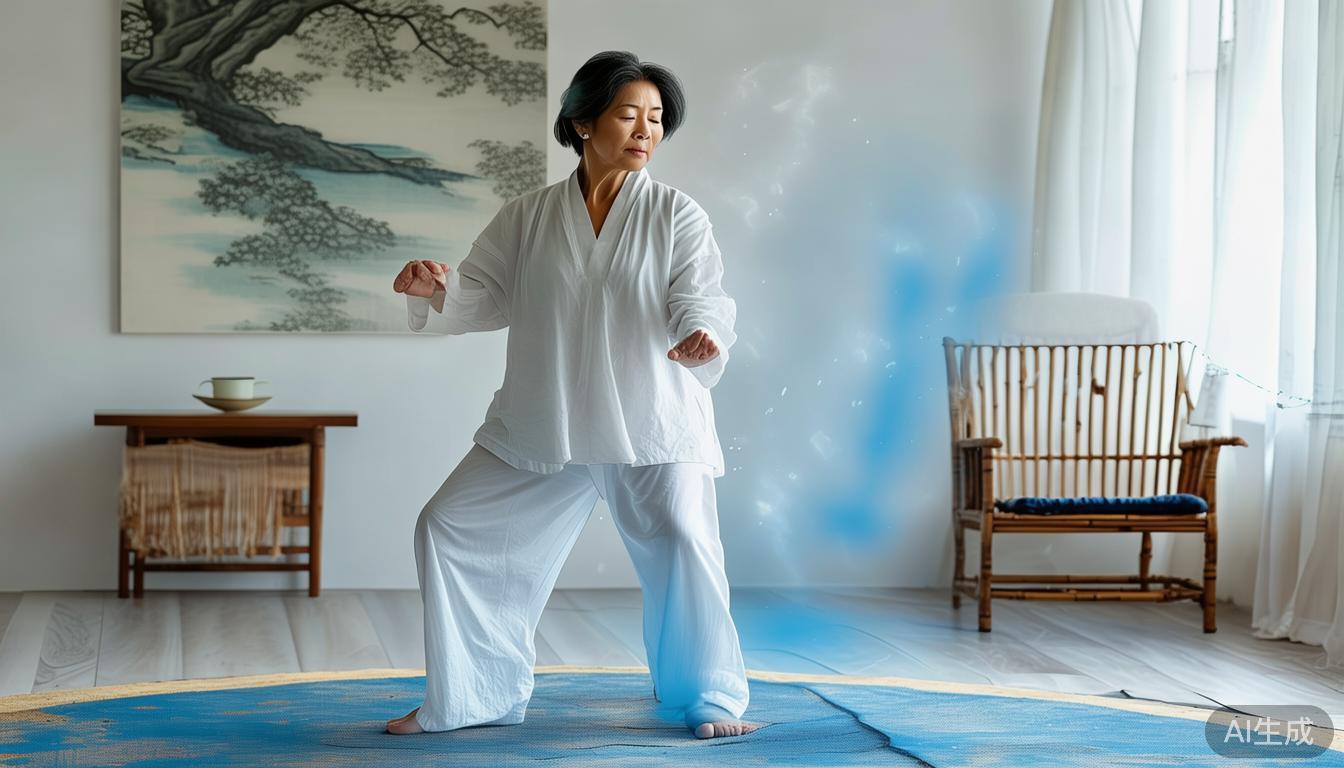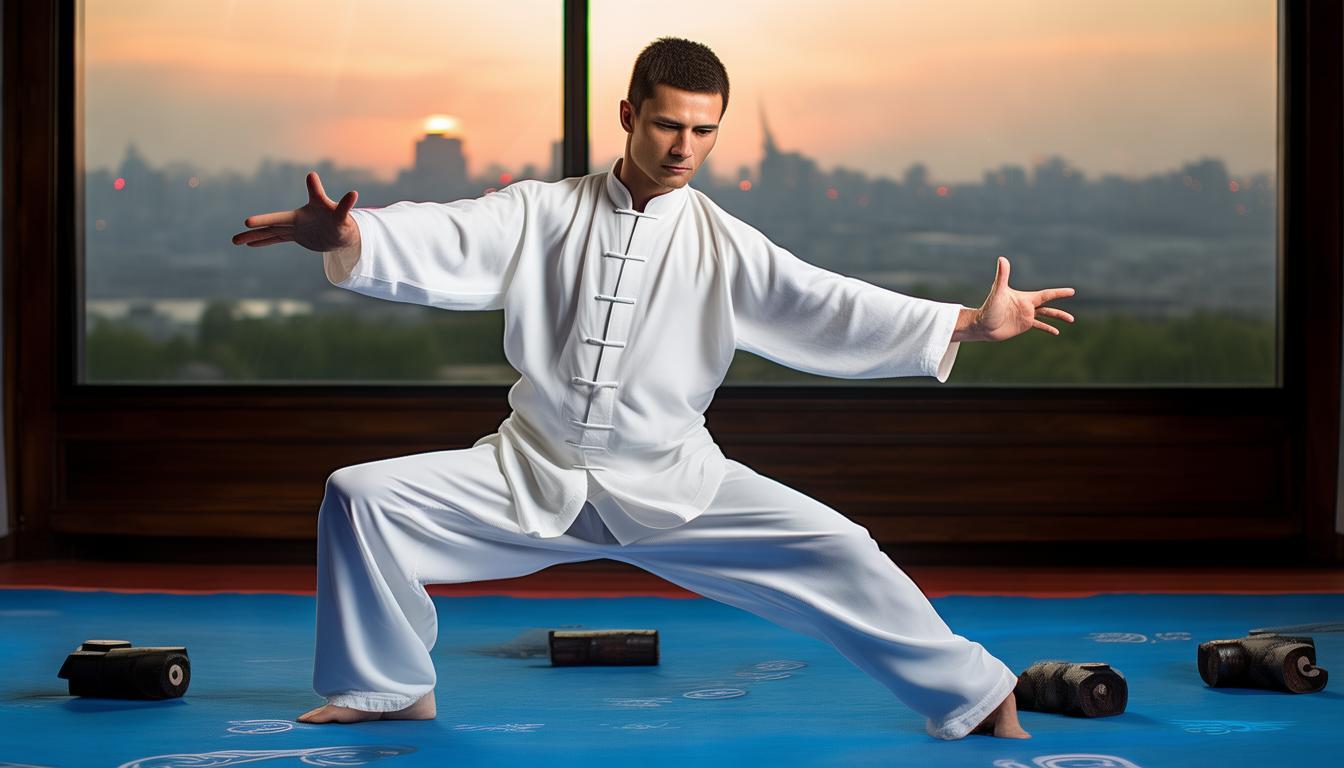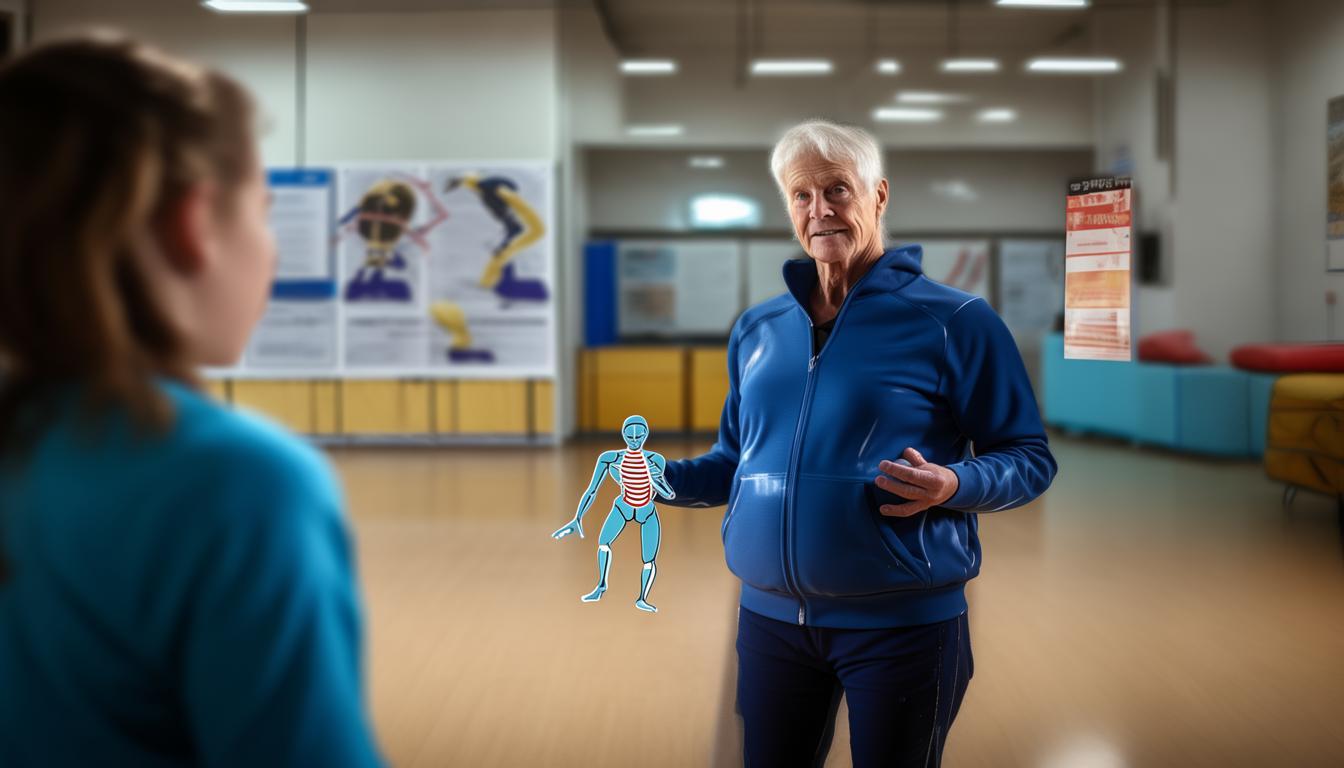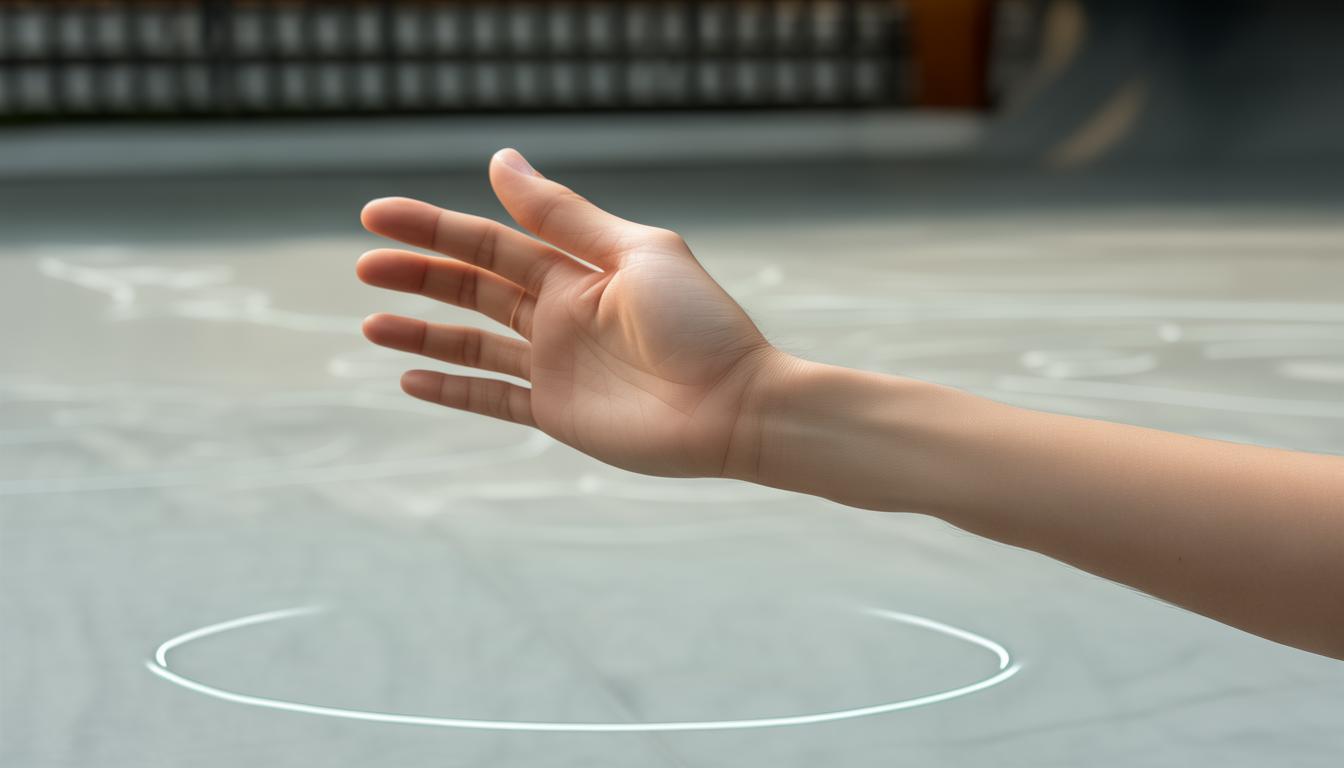
Tai Chi Therapy Combines Tradition And Modernity To Help Strengthen The Body, Guide The Spirit And Optimize The Internal Organs
Tai Chi therapy combines traditional Tai Chi with modern rehabilitation methods and is a treatment method. With the help of gentle and smooth movements, it helps to strengthen the body and guide the spirit, and has a special effect in medical rehabilitation.
Principles of Tai Chi Therapy
The essence of Tai Chi comes from the theory of energy and channels in traditional medicine. During the drill, pay attention to the concentration and expansion of the movement and the changes in the slightness of the movement, which helps the energy run smoothly along the channel. Just like the stream flowing without being dirty, the energy flows in the body without obstruction, many discomforts will disappear. With the help of specific postures, the internal state of the body can be optimized and the internal organs can operate more harmoniously.
The coherent combination of this set of movements helps stabilize the nervous system and soothe the brain. For example, Tai Chi And Diabetes Courses Online , when practicing a set of Tai Chi when you are under a lot of mental stress, you will find that your thinking becomes clear. This is because the nervous system can more effectively control the activities of various parts of the body after adjustment.
Physical exercise effect
From a fitness perspective, Tai Chi exercises can significantly enhance muscle strength and improve body flexibility. Tai Chi movements mainly focus on slow stretching and bending, which prompts the muscles of the body to undergo regular contraction and relaxation, thus making the muscles more elastic. For example, after completing housework, your body feels a little stiff, and after practicing Tai Chi, your body can be effectively relaxed.

In addition, this movement also has a significant protective effect on joint parts. Many older people will face joint problems. When practicing Tai Chi, the joints can move within an appropriate range, which will help the secretion of lubricant fluid in the joint cavity and thereby improve the joint's mobility ability. This is like adding lubricant to worn mechanical parts, making joints more comfortable to move.
Psychological regulation effect
In terms of psychological adjustment, Tai Chi helps relieve sorrow and feeling of depression. When you concentrate on every movement of Tai Chi, your thoughts will be free from troubles and your mind will gradually become calm. It seems that there is a stable place when the wind and rain are interspersed, and the spirit is stable.
In addition, practicing Tai Chi can help improve people's concentration and endurance. People often find it difficult to settle down and focus on something. However, Tai Chi requires no distractions. Continuous practice can make people more stable and patient. This is like creating an exquisite work that must be carefully crafted.
Widely applicable to people
Tai Chi is suitable for practice among all kinds of people. Young people are under great pressure to work, and practicing Tai Chi can help relieve physical and mental fatigue. Office workers use computers for a long time and can relieve discomfort symptoms of the cervical spine by practicing Tai Chi.
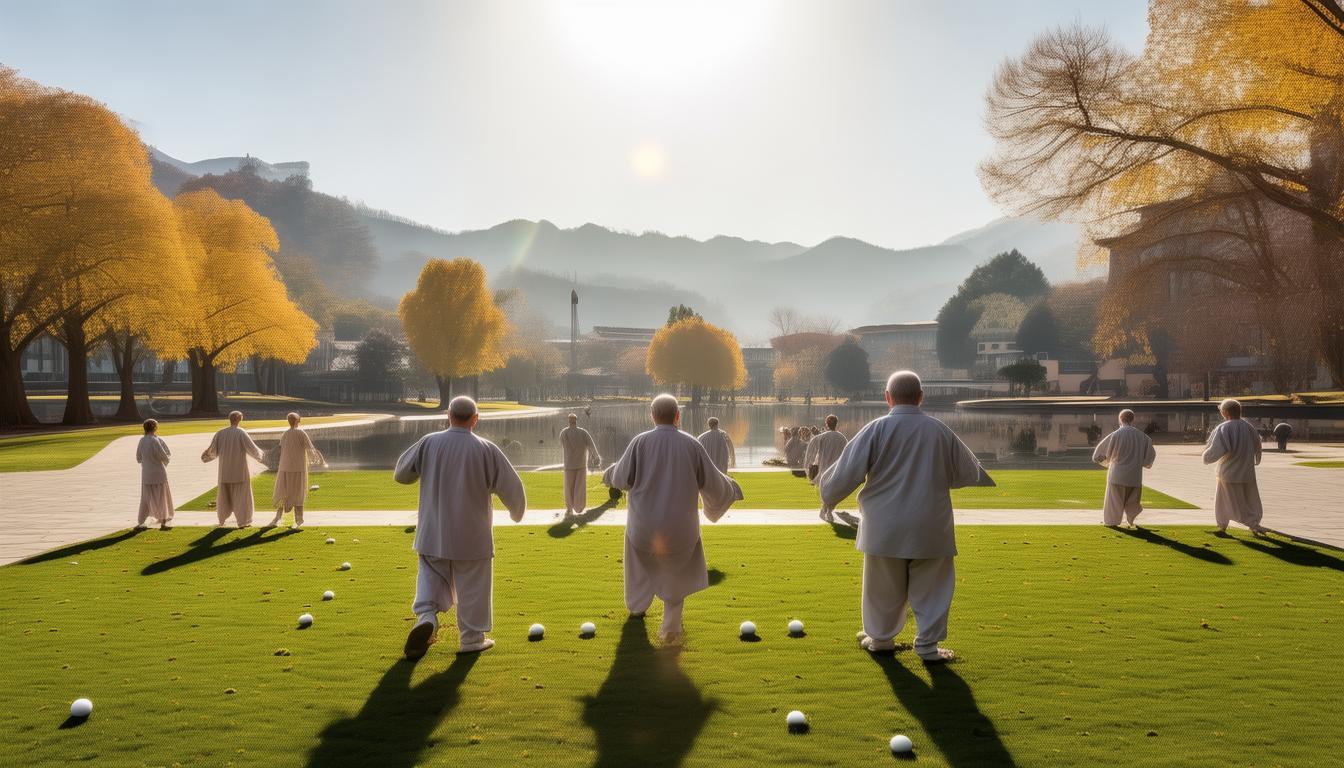
The elderly group has gained a lot from it. This activity helps improve their physical coordination, reduce the likelihood of falling, and also enhances their resistance. Many elderly people rarely experience colds after long-term practice. Not only that, patients with chronic diseases such as hypertension and diabetes can also use Tai Chi to assist in treatment.
Practical case sharing
I know an old man named Zhang. He used to be in poor physical condition and couldn't sleep well at night. Since he learned Tai Chi exercise, he has been able to sleep much more peacefully at night. He said that practicing Tai Chi made him feel like he had endless energy in his body, as if he had added a strong source of power to his body.
Another woman named Li felt restless because of work and was always easy to feel dizzy. She began to practice Tai Chi, but found that not only the frequent headaches were relieved, but her mood also became cheerful. She felt that Tai Chi was like a spiritual nourishment, helping her feel the joy of life again.
Has anyone experienced the therapeutic effect of Tai Chi? This article is good, and friends who support it can like it, please help forward it.



